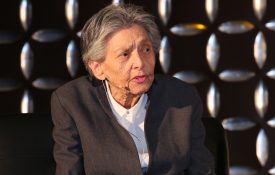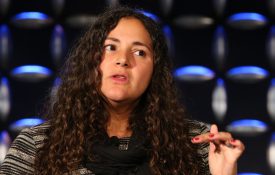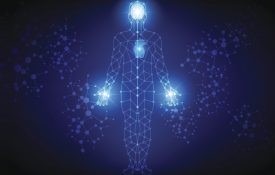-

Women Show Cognitive Advantage in Gender-Equal Countries
Women’s cognitive functioning past middle age may be affected by the degree of gender equality in the country they live in, according to new findings from Psychological Science, a journal of the Association for Psychological
-

Suddenly Language: Lila R. Gleitman on the Evolution of an Innate Human Trait
Scientists have no hard evidence of how human language evolved, but Lila R. Gleitman illustrates some of the clues that can be gleaned from observing children as they develop their language skills.
-

The Cognitive ‘Glitch’ of Humans: Laurie Santos on What Makes the Human Mind So Special
Laurie R. Santos describes evidence of cognitive talents shared across species, and those that seem to be exclusive to humans.
-

How Our Bodies Do — and Don’t — Shape Our Minds
Moving our legs, hands, and other body parts shape our lives as we traverse our environments. Jessica Witt, Amy Cuddy, Susan Wagner Cook, and Ted Supalla share their research investigating how our bodies influence the way we see, feel, learn, and communicate.
-
The Legacy of a Neuroscience Pioneer: Colleagues Remember Suzanne Corkin
Scientists gather to remember the cognitive neuroscientist Suzanne Corkin and reflect on the influence she had on their careers and on the empirical understanding of human memory.
-
Estes Fund Grants Aim to Raise Awareness of Computational Tools
The William K. and Katherine W. Estes Fund, which was created to honor the legacy of influential psychological scientist Bill Estes, has awarded three grants for programs focused on increasing awareness of how computational tools

